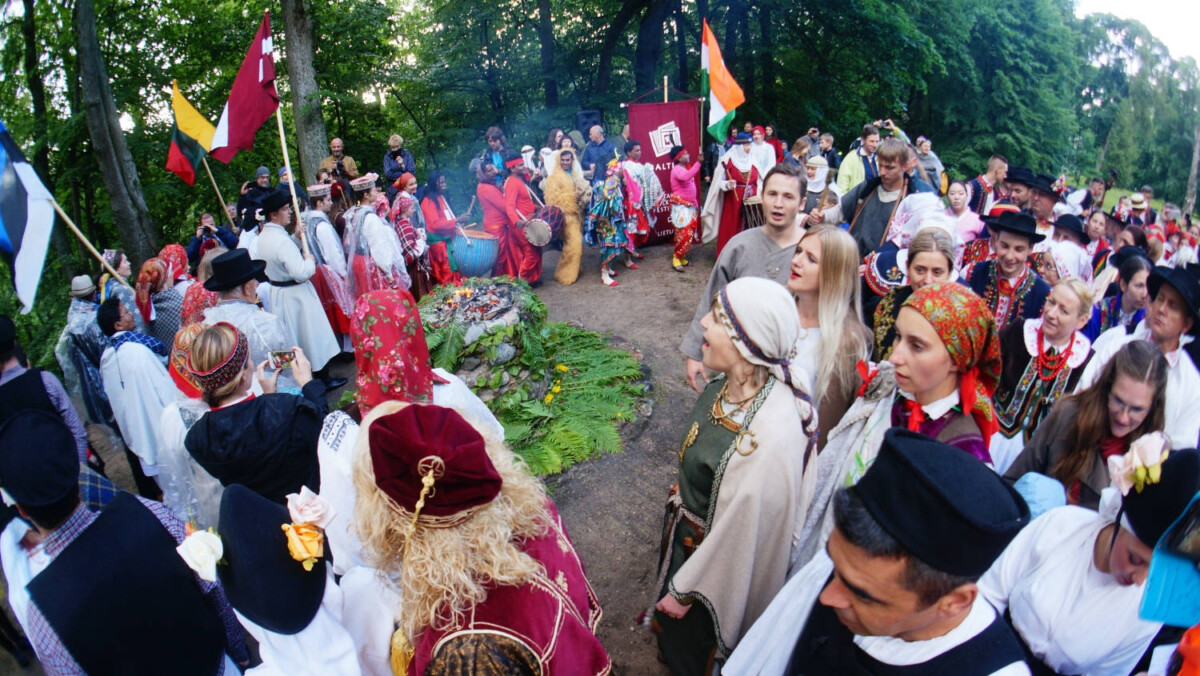Participants and speakers
Lithuania

Vykintas Vaitkevičius is an archeologist, PhD in Humanities, researcher of the Baltic shrines, the Lithuanian and the ethnic Lithuanian lands, hiker, and a senior researcher at the Institute of Baltic Region History and Archaeology of Klaipėda University. Since 1993, he has been organizing expeditions to explore the Baltic heritage, and the discoveries are mentioned in many books and articles, presented in public lectures and cultural hikes. He is a receiver of the National Jonas Basanavičius Award.
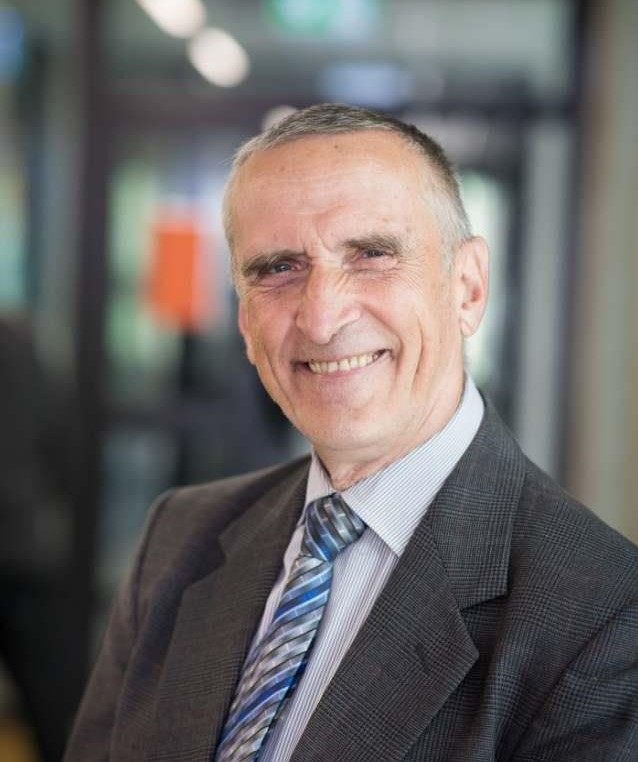
Alvydas Butkus is a professor, PhD, and an Honorary Doctor of Daugavpils University (Latvia). He is an author of 10 books, 2 monographs, and over 200 articles on the ties of the Baltic languages, onomastics, language use, politics and other topics. He has organized around 50 dialectological, onomastic and folklore expeditions. He is the founder and the long-term head of the Center of Letonics of Vilnius Magnus University.
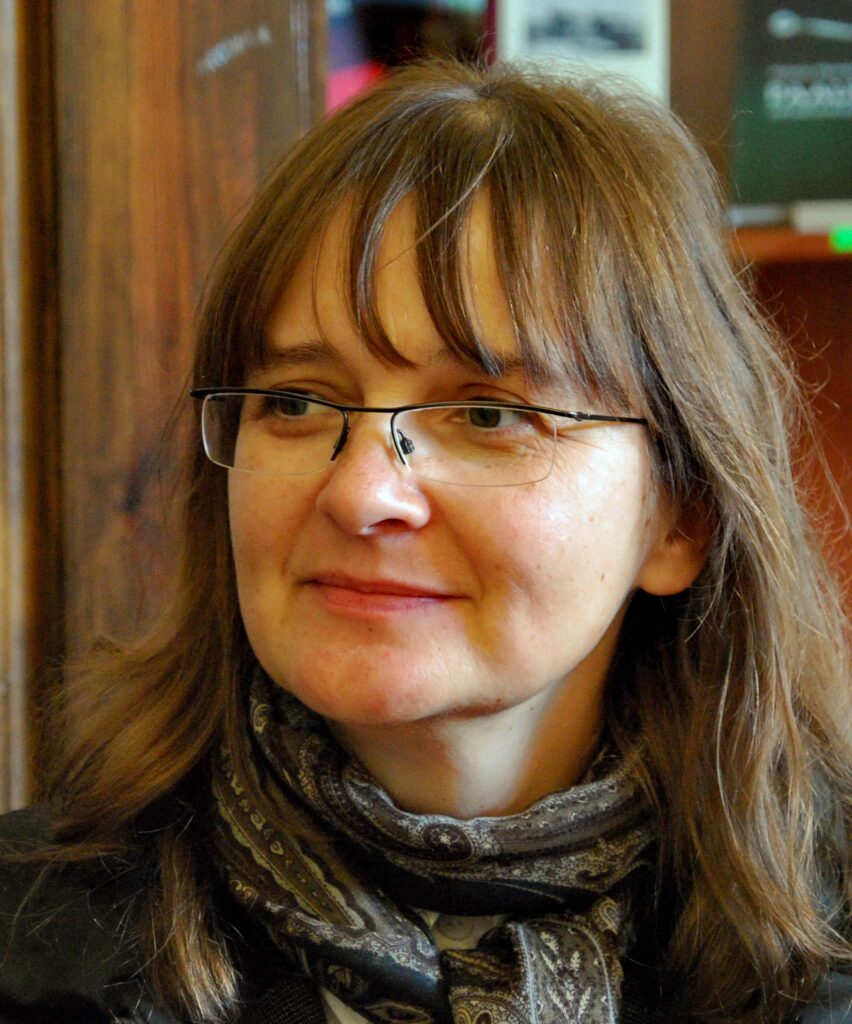
Daiva Vaitkevičienė is an ethnologist, PhD in Humanities, researcher of folklore and Baltic mythology, a senior researcher of The Institute of Lithuanian Literature and Folklore, and a lecturer at Vilnius University. She is the author of monographs “Ugnies metaforos” (“Metaphors of Fire”, 2001), “Žydinti taurė: baltų gėrimai ir apeigos” (“Blooming Glass: Baltic Drinks and Rites”, 2019), and various articles, as well as a compiler of various publications, organizer of seminars, and a participant of folklore expeditions.

Vytautas Tumėnas is a fine art theorist and historian, critic, ethnologist, PhD in Humanities, and a researcher at Department of Ethnology and Anthropology of the Lithuanian Institute of History. His research interests are folk art ornamentations and symbols from comparative, semiotic and developmental point of view. He is an author of 5 monographs, studies and 60 research articles. He is the Deputy Chairman of the Council for the Safeguarding of Ethnic Culture under the Seimas of the Republic of Lithuania.
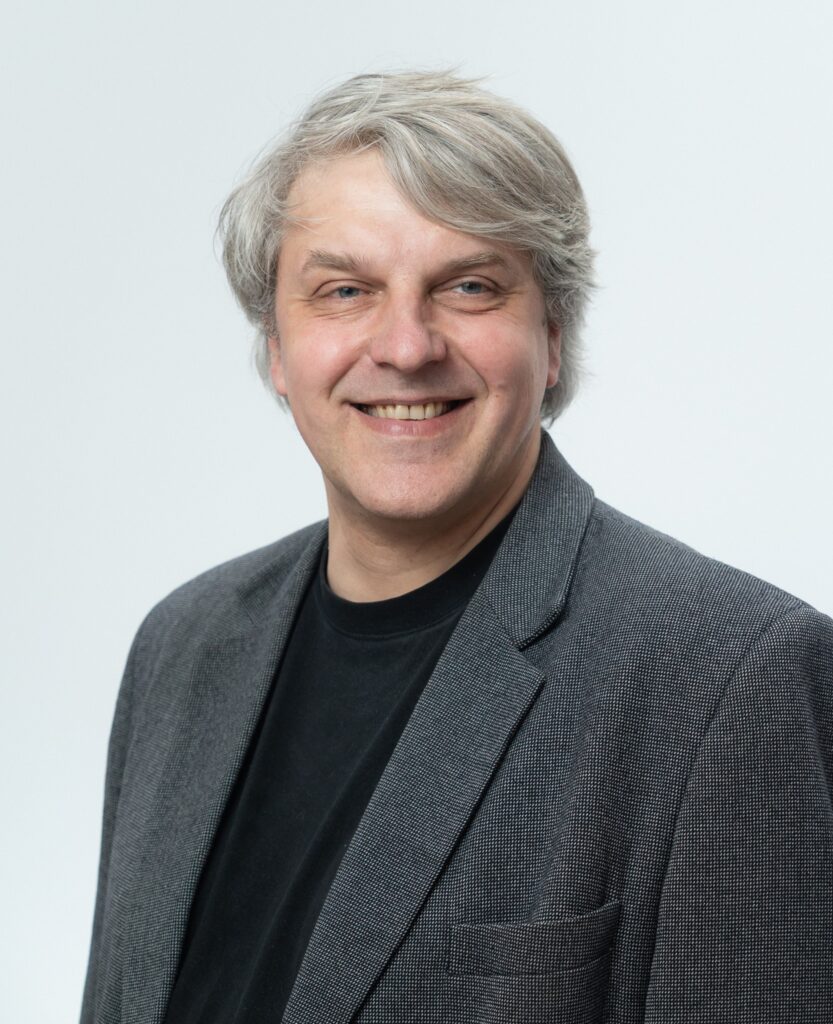
Rimvydas Laužikas is s historian, archeologist, PhD in Social Sciences, a professor at the Faculty of Communication of Vilnius University. His research focuses on the application of digital technologies to the field of heritage, heritage communication, the functioning of the science of history in the society, as well as the history of Lithuanian gastronomy, contemporary gastronomic identities. He is an author of science and popular science publications and articles.
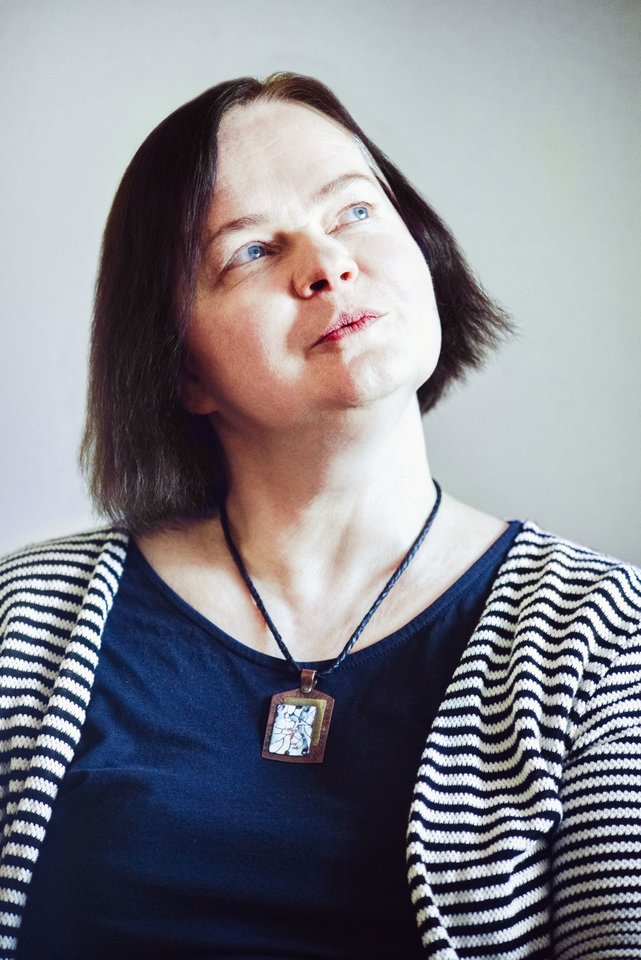
Daiva Vyčinienė is an ethnomusicologist, professor, the Head of the Department of Ethnomusicology of the Lithuanian Academy of Music and Theater, a promoter, singer and researcher of sutartinės, the leader of the group “Trys keturiose”. She is an author of three monographs, over 100 articles, a compiler of many CDs and DVDs. She is a folklore recorder, traditional singing teacher, lecturer, and an organizer of folklore festivals. She is a receiver of the National dr. Jonas Basanavičius Award.
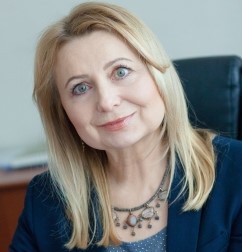
Dalia Urbanavičienė is an ethnomusicologist, ethnochoreologist, PhD, an Associate Professor at the Lithuanian Academy of Music and Theater. Her research focuses on the old genres of choreography and the development of traditional dance. She is the author of the monographs “Lithuanian Ritual Ethnochoreography” (2000), “Dancing and Playing Contracts” (2009), and over 60 articles. She is the Chairwoman for the Safeguarding of Ethnic Culture under the Seimas of the Republic of Lithuania. She has received the National dr. Jonas Basanavičius Award.
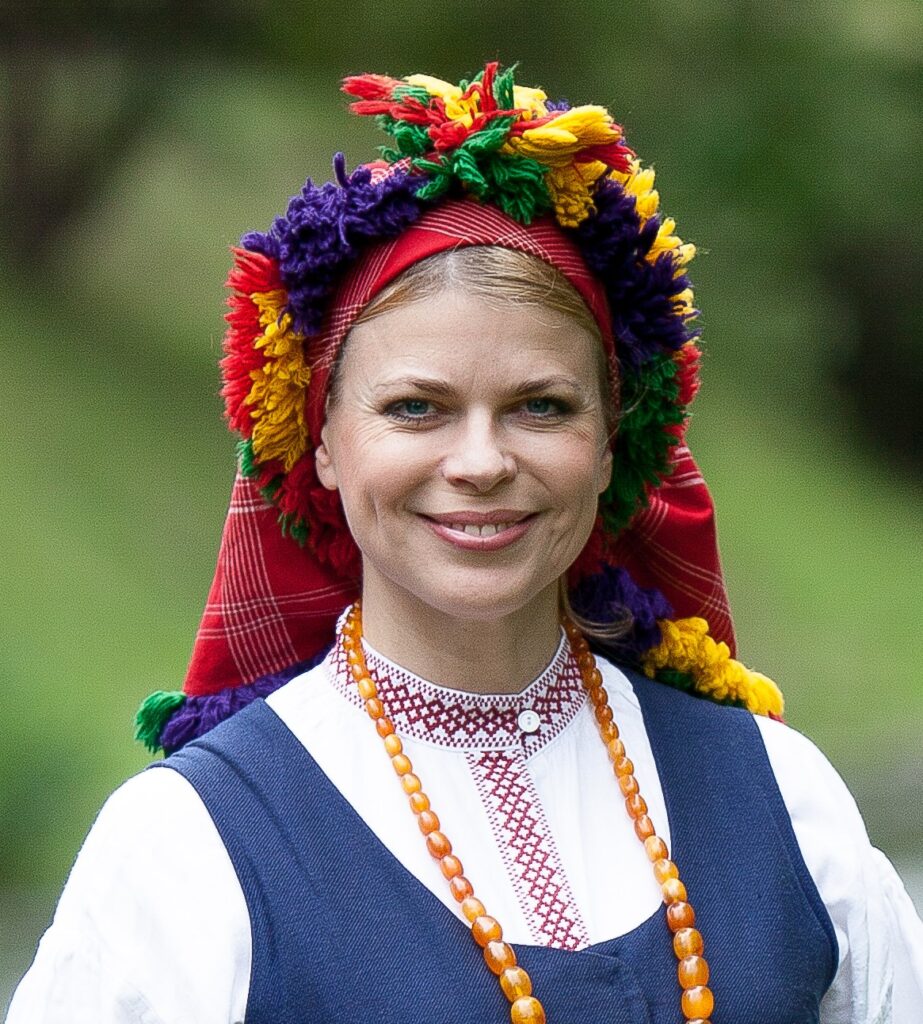
Loreta Sungailienė is an ethnomusicologist, PhD in Humanities, an intangible cultural heritage specialist at Lithuanian National Culture Centre. She gives presentations on the themes regarding the safeguarding and actualization of the ethnic culture traditions, conducts folk singing workshops, is the leader of the folklore ensemble “Virvytė” for families, and she is a performer of folk songs.
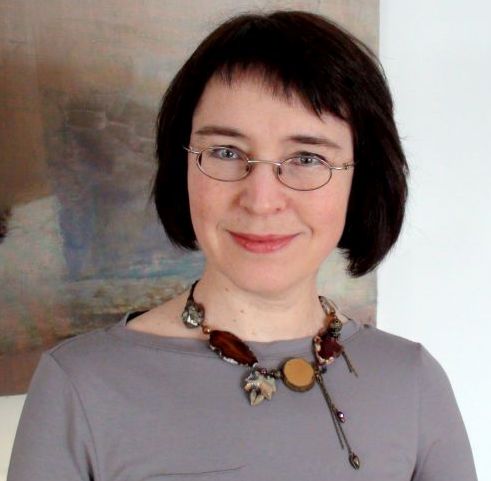
Vida Šatkauskienė is a musicologist, the Deputy Director of the Lithuanian National Culture Centre; since 1983, she has been working in the field of ethnic culture. She is the organizer the Folklore Day of the Lithuanian Song and Dance Celebrations, the festival “Baltica”, other events, and seminars. She is one of the developers of the Intangible Cultural Heritage Inventory of Lithuania, an author of a radio show on ethnic culture at the Lithuanian National Radio and Television (2006–2019), a member of various councils.

Eglė Valentė is the head of the Public Establishment “Ugnis ir kaukė” (“Fire and Mask”), the creator and the director of over 50 spectacles of fire sculptures based on the Lithuanian mythology, traditional ornaments and symbols. Over 30 years, she has accumulated a unique experience of implementing the mystery plays dedicated to fire during the calendar and the city celebrations, which she passes on to those who wish, therefore this type of art has spread in Lithuania and is now even presented abroad.

Saulė Matulevičienė is a philologist, specialist in Lithuanian philology, PhD in humanities, since 2014, the chief editor of the cultural heritage journal “Būdas”, the compiler of various publications, the author of research papers on folklore, oral history and cultural memory, she has also accumulated experience in field research over the years. She teaches courses on Lithuanian folklore and mythology, oral history and other courses at Vilnius University. Since her student times, she is the member of the folklore ensemble “VISI”.
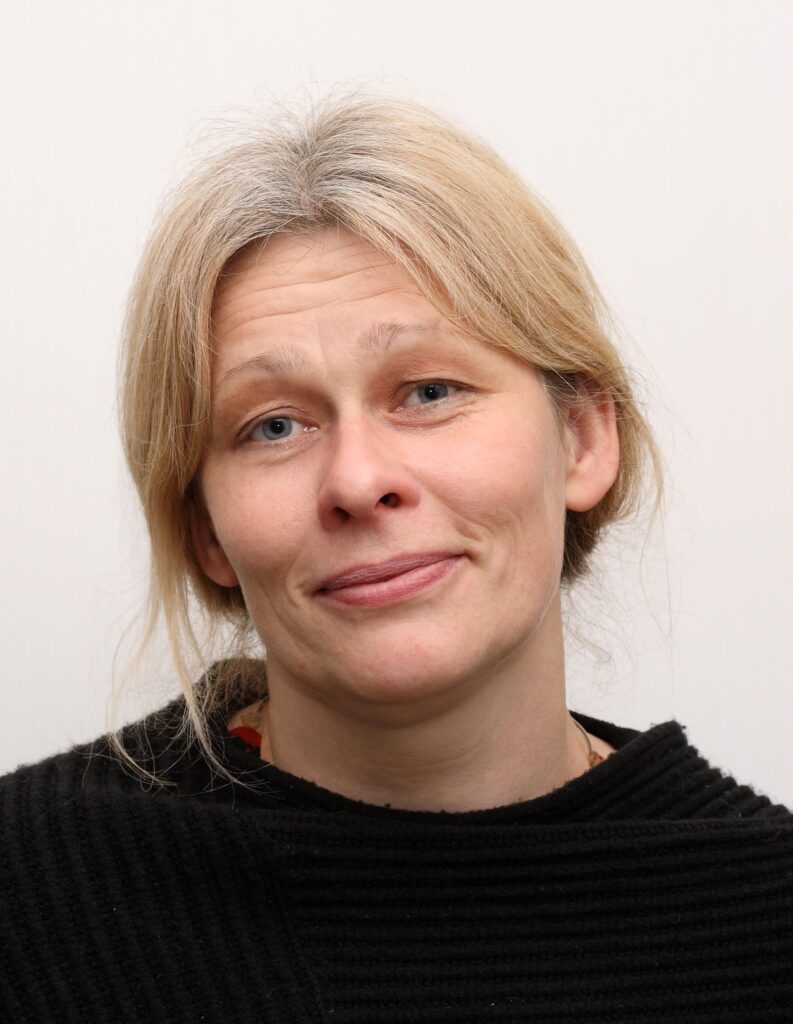
Julija Ikamaitė is painter, ceramist, the teacher of the National M. K. Čiurlionis School of Arts. Not only is she the author of many artistic projects including fire, kites and events dedicated for “Vytis”, one of the national symbols, but she is a team player, working together with the pupils, students and the young artists of other Vilnius schools. She has organized and made over 15 Equinox events, based on mythical symbols.

Vida Sniečkuvienė is a folk artist, the maker of straw gardens and the reviver of the tradition. She regularly participates in various events, exhibitions, she she has held hundreds of workshops of making straw gardens for children and adults. Her gardens are purchased by many museums and individuals all over the world. While working at Antanas ir Jonas Juškai museum of ethnic culture in Vilkija, Kaunas district, she has made it widely known as the “kingdom of straw gardens“.

Bronė Surdokienė is a maker of twisted sashes, the nurturer of old weaving and embroidery craft. She is a member of the Lithuanian Folk Artists Union and of Vilnius Region Folk Artists – Art Creators – Association, holds the title of art creator, and is a craftswoman of certified national heritage products. Her masterpieces can be seen at fairs, folklore festivals, exhibitions, and folk art salons.

The group “Trys keturiose” have been singing together for over 20 years. The group is named after a refrain of a sutartinė. The performers represent a variety of singing methods (dvejinės, trejinės, keturinės, trejinės keturiose, etc.), different genres of sutartinės, employ the secrets of the old intonating and articulating, while also combining it with their unique voice timbres.
The group have a number of programs, hey have recorded over 10 CDs, and they have participated in many international folklore and contemporary music festivals. Recently, the performers have been successfully combining authentic contractual singing with contemporary art. The founder and leader of the group is Daiva Vyčinienė.

“Ratilio” was founded in 1968. It is one of the oldest folklore groups in Lithuania and probably the first one of a city. It is a youthful group of students of various specialties. The versatile repertoire of the ensemble includes the singing and the choreographic folklore of all Lithuanian regions and of all genres, the oral tradition, and a broad instrumentation. “Ratilio” seeks to learn about and to promote the traditional cultural heritage by performing in various areas of Lithuania, university and Vilnius city events, folklore festivals home and abroad, calendar festivals, evenings, and by including spectators. They have released 6 CDs, and other publications.
Latvia

Linda Rubena is a leading expert in folk applied arts at Latvian National Centre Culture. Over 30 years, she has organised events and exhibitions connected with traditional applied arts. She has accumulated experience in the organization of national and international applied art exhibitions, in the administration and coordination of work, as well as in public organizations, administration and coordination of folk art workshops in the field of work as well as in public organizations.

Ilze Cepurniece studied ethnomusicology at the Jāzeps Vītols Latvian Academy of Music and graduated with the research on Lent service lament singing “Ryugtōs sōpes” (“Bitter Lamentations”)in 2019. In 2021 she graduated from the Academy of Music with her Master’s thesis “Hymns in Latgalian Catholic Prayer Books: History, Types and Uses”.Since 2019 she has been working at the Archives of Latvian Folklore.
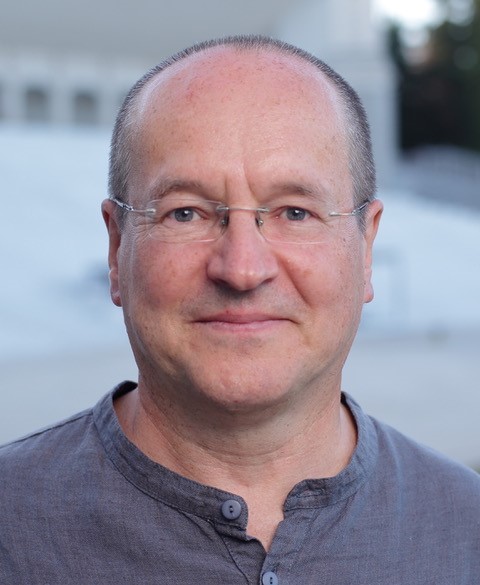
Valdis Muktupavels is PhD, a professor of folklore studies at the University of Latvia, expert in Baltic traditional and modern music culture (traditions and change, musical instruments, culture and identity issues), composer of choral, instrumental and film music, the author of the monograph “Folk Music Instruments in Latvia” (2018).
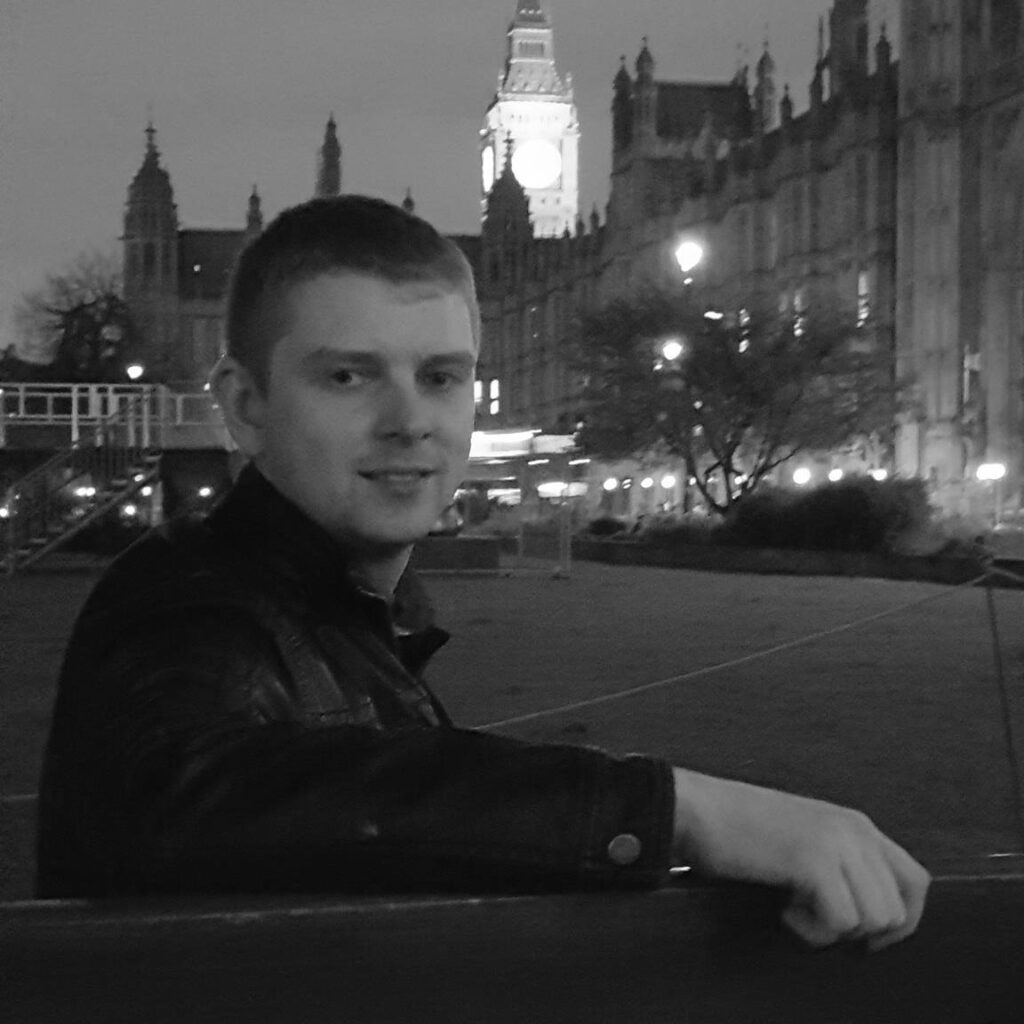
Sandis Zučiks is the head of the Association “Danču krātuve”. He is a folk dance enthusiast; he has been dancing for more than 15 years in the Latvian University dance folklore group “Dandari”, and he has been a member of several stage dance ensembles. Since 2017, he has been actively recording, researching, filming and promoting folklore dances.

Dace Martinova is the head of the Association Ethnic Culture Center “Suiti” and the member of the ethnographic ensemble “Gudenieku suiti”.
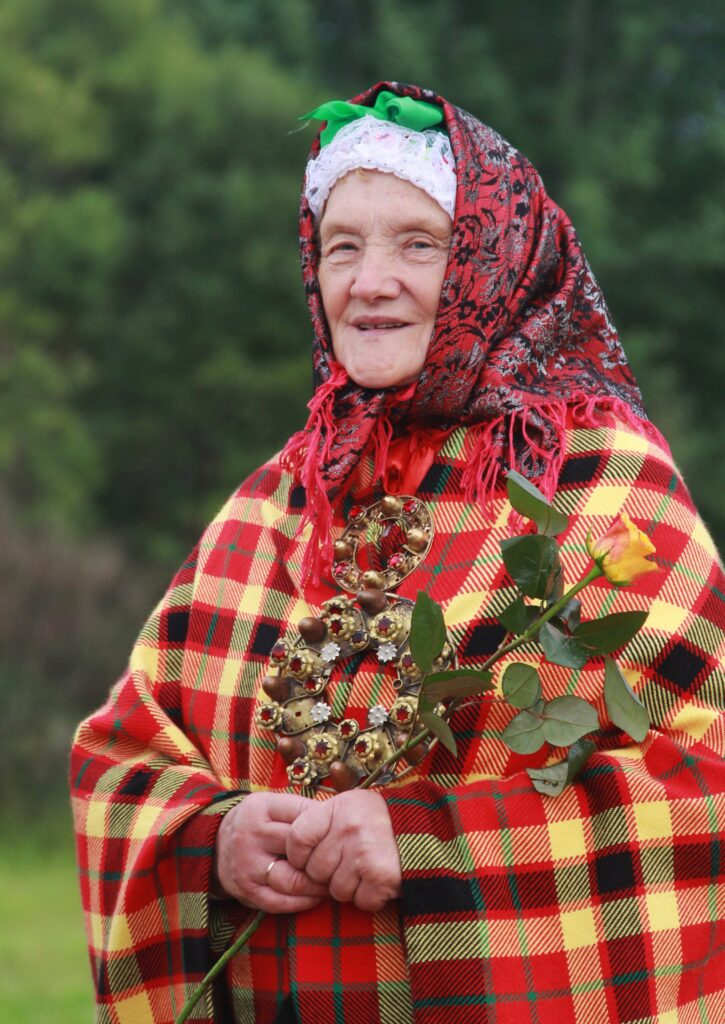
Lidija Jansone is the leader of the ethnographic ensemble “Gudenieku suiti”.

Gita Lancere is an ethnomusicologist and a graduate of the Latvian Music Academy. Since 1988, she has been working as a radio journalist at Radio Latvia, and since 2009, she has been working as a folklore expert at the Latvian National Centre for Culture. She has been involved in the organising of folklore festival “Baltica” in 2009, 2012, 2015 and 2018, but as the radio journalist she has followed the festival since the first “Baltica” in Latvia in 1988.

Māra Mellēna studied philosophy at University of Latvia; since 2012, she is a PhD candidate (thesis “The Communicative Dimension of Tradition”). Since 2016, she is a coordinator of folklore projects at National Centre for Education. She is the artistic director of International Children and Youth Folklore Festival “Pulkā eimu, pulkā teku” since 1989 and the programme manager of Traditional culture mastering and transmitting programme “Pulkā eimu, pulkā teku” since 2009.

Signe Pucena is a researcher of the traditional culture, artist and producer. She is the co-founder and the program director of the Interdisciplinary Art group SERDE, founded in 2002 in Aizpute. In 2005, SERDE began to collaborate with researchers of folklore and traditional culture in response to the perceived loss of important living practices and memories.
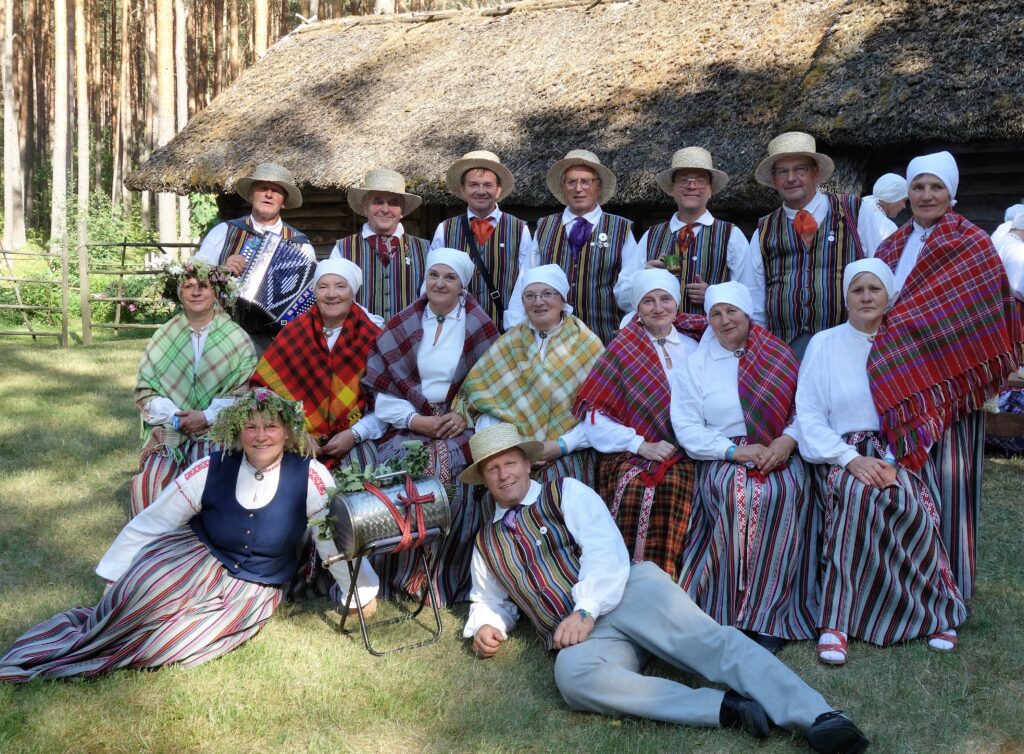
Folklore ensemble “Viļōnīši” was founded in 1989, and its name is borrowed from an appellation of parish. The ensemble represents Latgale region, one of the five historical and cultural regions of Latvia.
Their repertoire consists of songs for all the traditional festivities and celebrations of the human lifetime. Since 1994 “Viļōnīši” have participated in the international folklore festival “Baltica”, they have also taken part in Latvian Song and Dance Festivals, other festivals home and abroad. The ensemble’s repertoire consists of the songs, stories, melodies and dances from Viļāni region, also the songs and dances recorded in Viļāni by Stefanija Ulanovska (folklore collector of Polish descent). You will have the opportunity to get acquainted with these materials at the concert. The leader of the group – Inga Stafecka.
Estonia
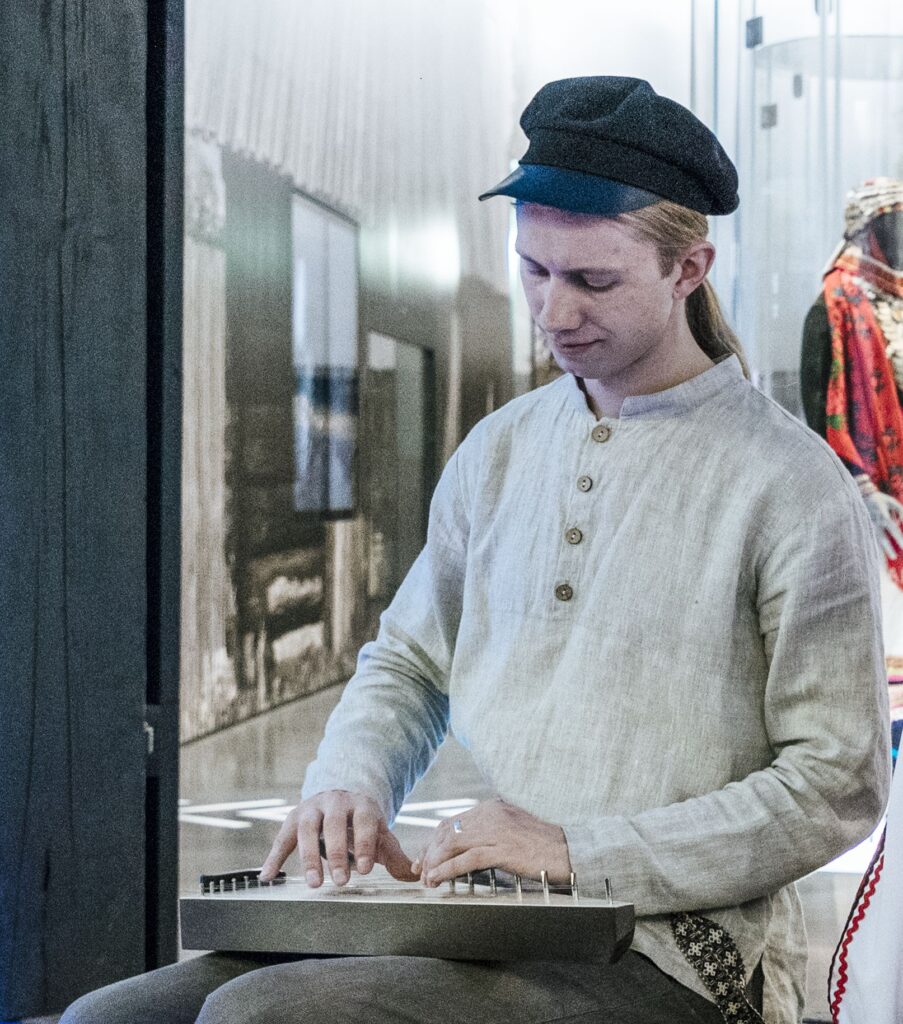
Anti Lillak is a museum educator at the Estonian National Museum, whose mission is to popularise history and archaeology to wider audience. His interests also cover Finno-Ugric peoples’ cultures and their roots, intercultural contacts and modern cultural practices.
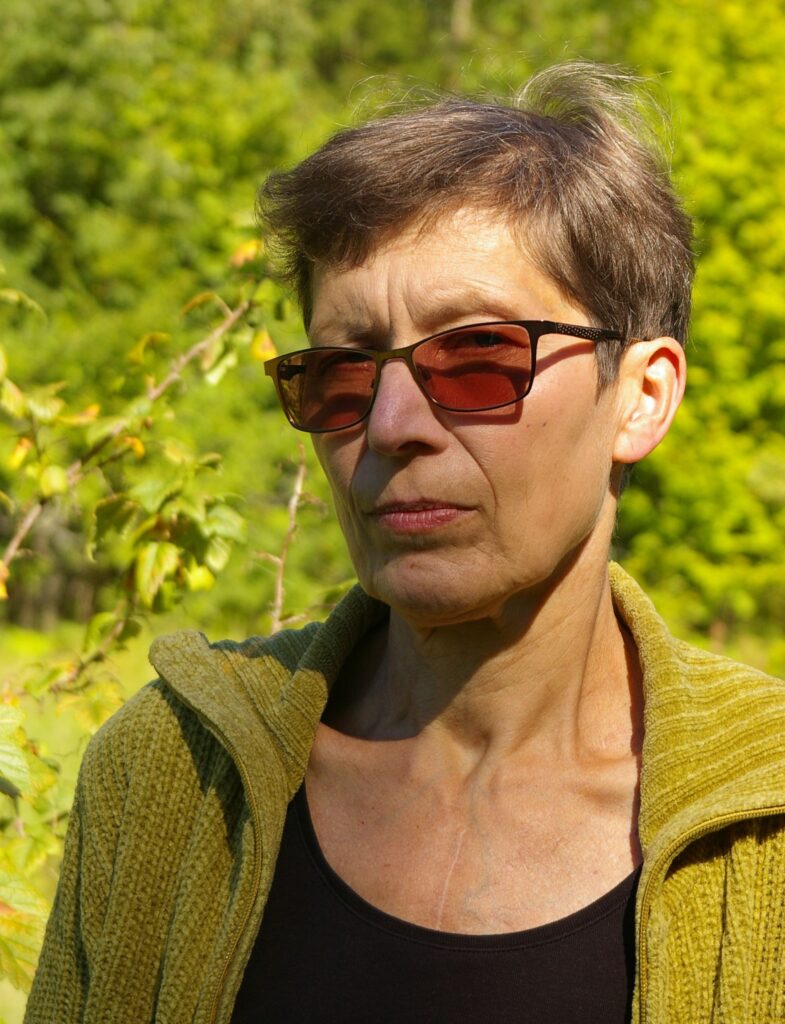
Kristiina Ross is a researcher at the Institute of the Estonian Language (Tallinn). Her main field of study has been the early history of Estonian Bible and hymn translations. Her present project deals with identity and power relations as reflected in the literary Estonian of the 16th–18th centuries.
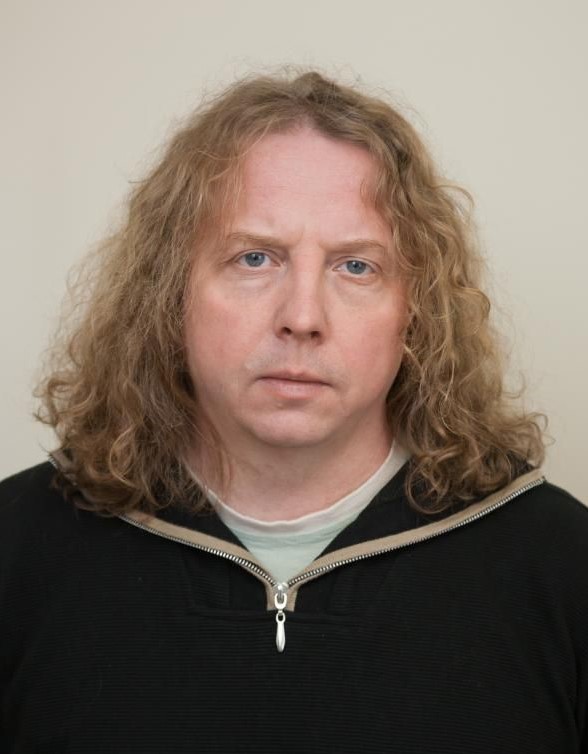
Madis Arukask is a folklorist and an associate professor at the University of Tartu. He studies folklore and folk belief of the Finnic peoples in North Europe and North-Western Russia. His presentation concentrates on the movement of the early Finno-Ugric and Baltic tribes towards the Baltic Sea more than 2,000 years ago, and the related changes in their natural environment, way of life and beliefs. It is assumed that more than ethnicity for people then was important the way of subsistence and religious understandings associated with it.

Inna Raud studied national textiles and heritage technology, has coordinated and taught long-term schooling series on folk costumes in Kurgja and Setomaa. She is the author of the books “Vändra kihelkonna rahvarõivad” (“Folk Costumes of Vändra Parish”) and “Pärnumaa rahvarõivad” (“Folk Costumes of Pärnu County”).
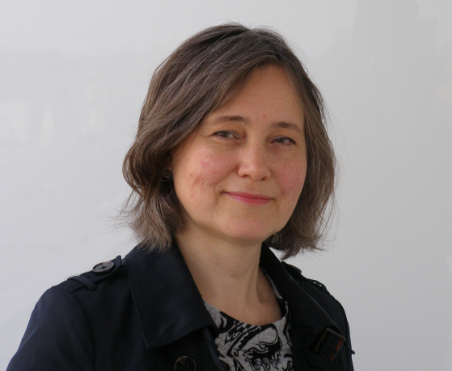
Inna Jürjo works as a senior researcher at the Tallinn University Center for History, Archeology and Art History. She studied the history of Baltic food culture from the perspective of the environmental history of production, consumption and culture. She has written articles on, for example, drinking culture in Estonia in the Middle and Early Modern times, urban animals, food and the body in the Middle Ages, and other articles on history.

Janika Oras is a senior researcher of folklore and ethnomusicology at the Estonian Folklore Archives of the Estonian Literary Museum. Her main research topics are performance and performers of Estonian traditional songs. She teaches traditional music at the Estonian Academy of Music and Theatre and the Viljandi Culture Academy and leads workshops on traditional songs. The song examples that represent different areas of Finnic runosong and Estonian newer folk songs will be sung by teachers and students of the Traditional and Folk Music Programme of the Estonian Academy of Music and Theatre.

Sille Kapper is an Associate Professor of Folk Culture at the Baltic Film, Media and Arts School of Tallinn University (Estonia), practising dance teacher, and the Artistic Director of Folklore Ensemble Leigarid. Her research activities are focussed on dance traditions and revival folk dance.

Kristi Pumbo is an Estonian Folklore Council’s information and project manager. For the second year in a row, she has been conducting the teaching program of the campaign “Hakkame santima!” (“Let’s Start Mumming!”) to enliven the mumming traditions in Estonia. She also worked as the manager of the educational department of Estonian Open Air Museum, which aims at introducing Estonian peasants’ history and the folk calendar’s holidays to the general public.

Ingrid Rüütel is a folklorist and ethnomusicologist. She is a senior researcher at the Estonian Literary Museum. She has collected and studied Estonian and other Finno-Ugric folklore, mainly folk songs and music, has organized and given presentations at international scientific conferences. She has compiled and edited collections of folk music research of Finno-Ugric peoples, publications of source materials, and record anthologies. She has been active in the organization of the Estonian folklore movement and cultural policy, supervising master’s and doctoral theses.

Kristin Kuutma is the professor of Cultural Studies at the University of Tartu and Head of Applied Studies in the Intangible Cultural Heritage of the UNESCO Department. In addition to conducting research and teaching, she also chairs the Council of the Estonian National Commission for UNESCO and represents Estonia in the Intergovernmental Committee for the Safeguarding of Intangible Cultural Heritage.
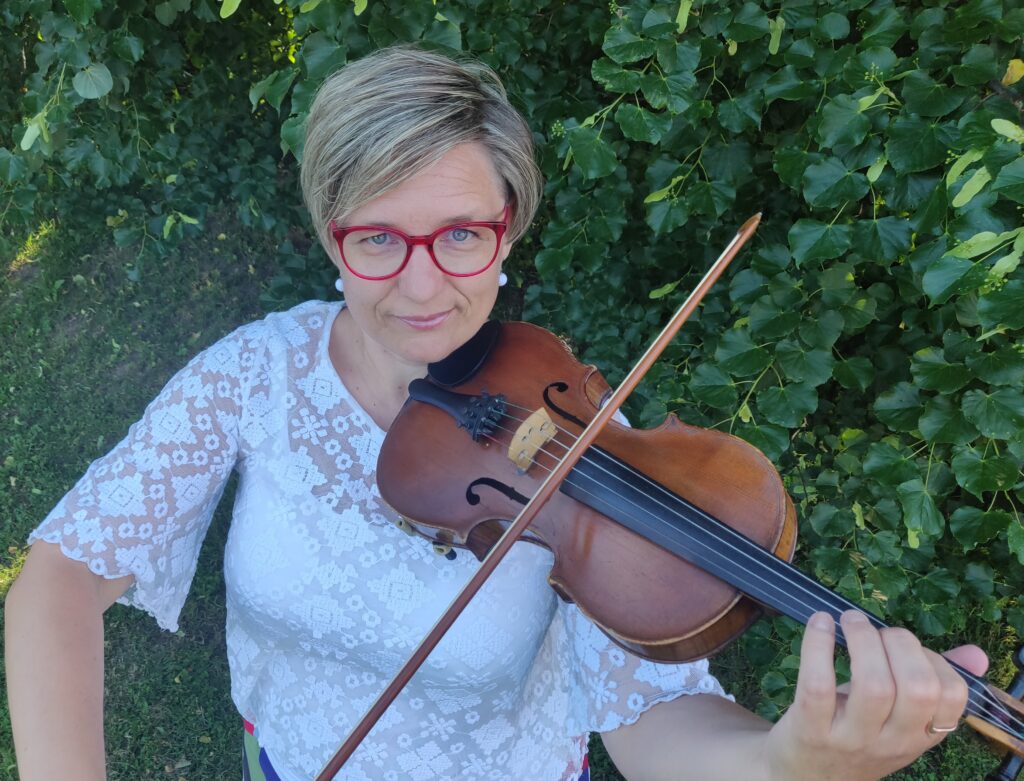
Krista Sildoja is an ethnomusicologist and a music teacher. She has supervised traditional music students at the Viljandi Academy of Culture of the University of Tartu and the Estonian Academy of Music and Theatre. She launched the Estonian ETNO camp in 1997 and founded the Mooste Folk Music School in 2012. He has been a member of the board of the Estonian Folklore Council for a long time and was the content manager of International Folklore Festival “Baltica” in 2016.

Helle-Mare Kõmmus is a folk culture specialist and folk dance teacher in Hiiumaa island. She is the leader of the folk dance groups “Kohvilähkrid” and “Taidelaid”, and the folklore group “Dagö”. Since 1987, she has been the member of the artistic teams of 11 Estonian Dance Celebrations.
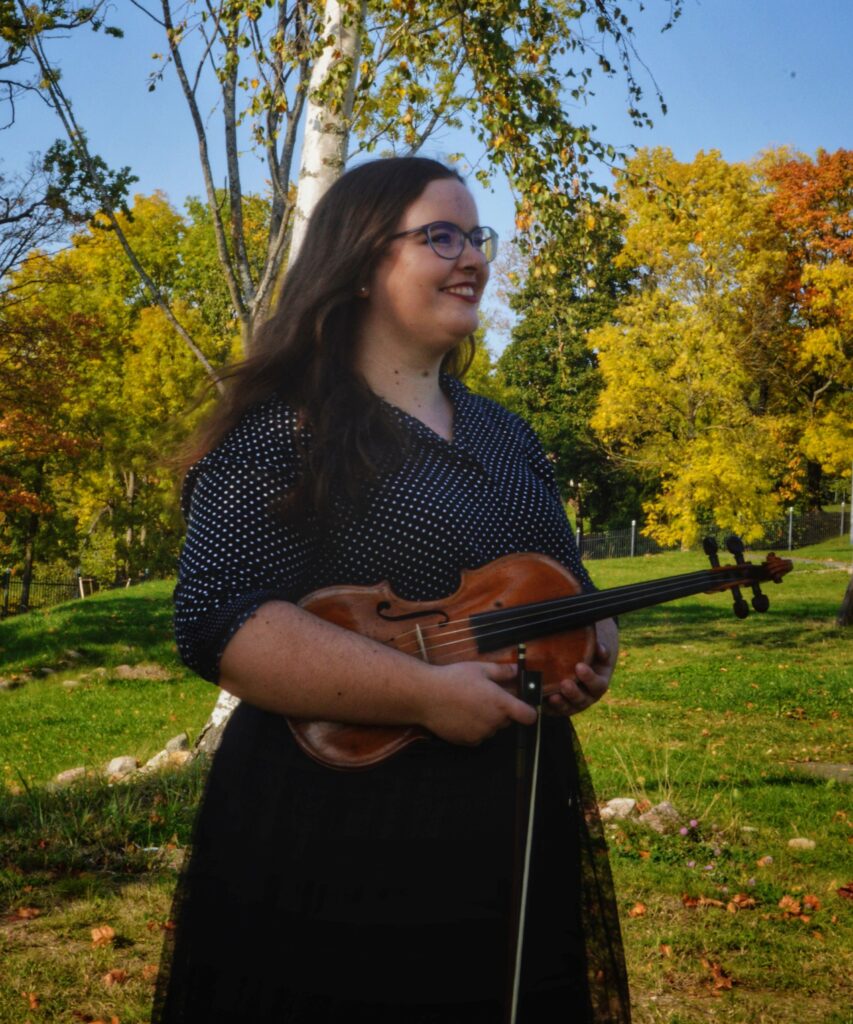
Helin Pihlap holds a master’s degree in instrumental pedagogy from the Estonian Academy of Music and Theatre, and she works as a violin teacher in Tartu. She is the program manager of Tartu Youth Folklore Festival and one of the leaders of Folklore Club “Maatasa”, the representative folklore group of Tartu.
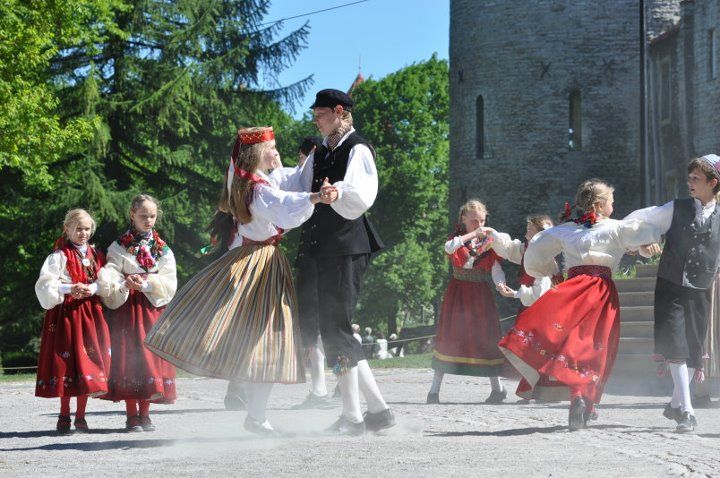
“Leesikad” is a children and youth ensemble from Tallinn. Their programmes consist of dances, songs, games and instrumental music from all over Estonia. They wear traditional 19th century folk costumes that are handmade, partly by the dancers themselves, following the instructions of specialists on folk costumes.

